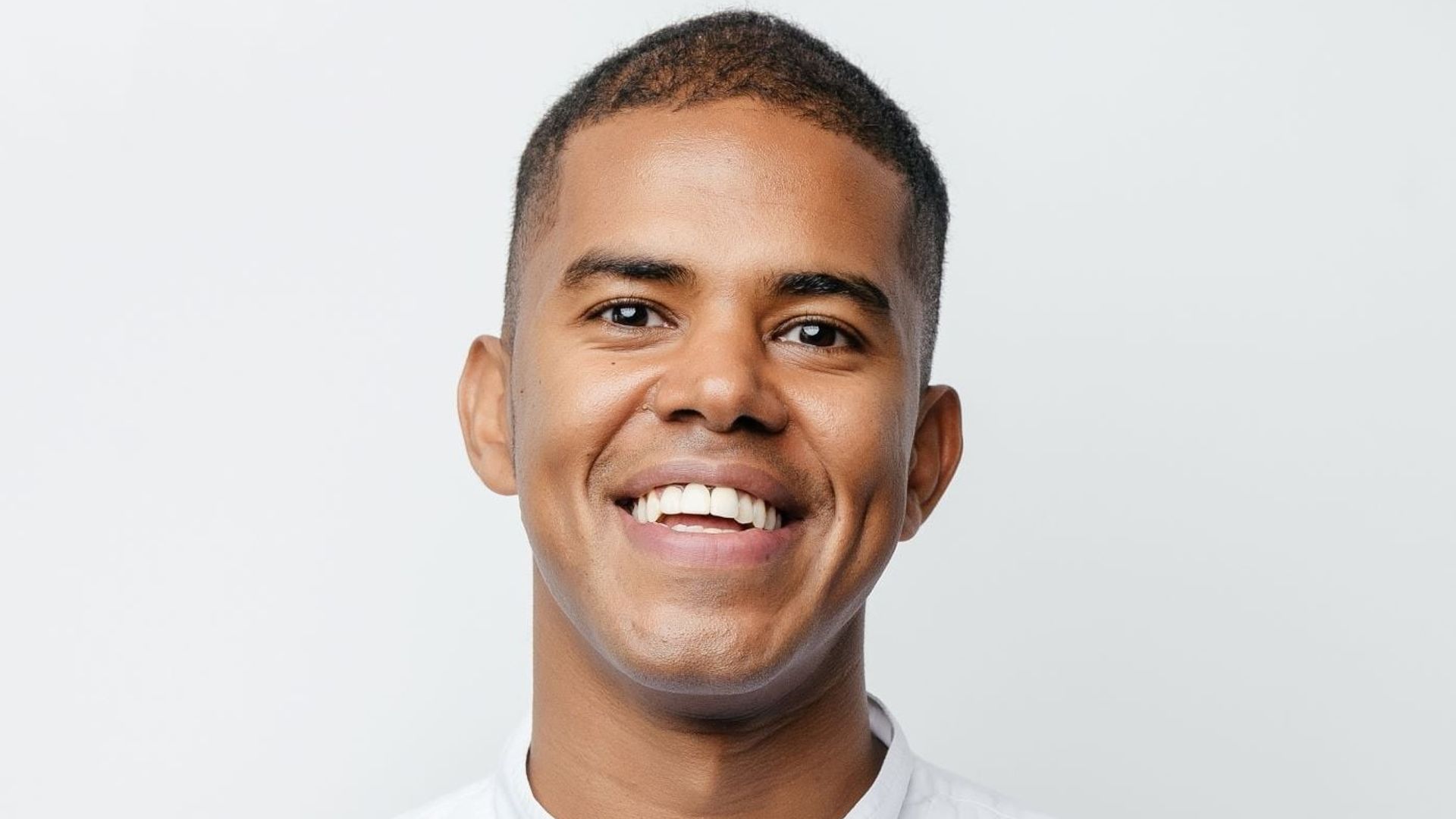A search is under way for “super memorisers” to take part in a study about why some people are especially good at remembering things.
Anyone who thinks they are gifted is being asked to do an online test and survey – and some of the best will be invited to Cambridge University.
Scientists there will do an MRI scan to see if there are any differences in their brain function or structure.
“Memory is one of the best understood psychological processes in terms of brain networks and yet we still don’t really know why some people have exceptional memories,” said Cambridge professor Jon Simons.
Researchers are also hoping to find out if people who are neurodiverse or autistic are more likely to have a good memory.
They have previously worked with writer Daniel Tammet, who’s autistic and has synaesthesia (experiencing one sense through another) and can recall pi to 22,514 digits.
Professor Sir Simon Baron-Cohen, the head of the study, is encouraging anyone who thinks they might be a “super memoriser” to try the test – whether neurotypical or neurodiverse.
‘Godfather of AI’ Geoffrey Hinton warns about advancement of technology after leaving Google job
‘Monopoly Market’ taken offline as international raids target dark web drugs traders
How aliens with ‘right technology’ could hear us on Earth
It’s open to people aged 16 to 60 and includes games such as remembering patterns and sequences of objects.
Dr Carrie Allison, from Cambridge’s autism research centre, hopes the project will help them “understand more about memory and whether exceptional memory is related to autism”.
“For decades, autism research has focused on disability, but this study is a wonderful opportunity to focus on strengths,” she said.
Read more from Sky News:
Insight into near-death experiences uncovered by study of dying brains
Powerful AI systems ‘can’t be controlled’ and ‘are causing harm’, says expert
Among the world’s best memorisers, according to Guinness World Records, is Rejveer Meena from India, who in 2015 was able to recall pi to 70,000 decimal places.
It took him 10 hours and he wore a blindfold.
Kim Surim from North Korea was also able to memorise the order of 2.530 playing cards in one hour at the 2019 world memory championships.








